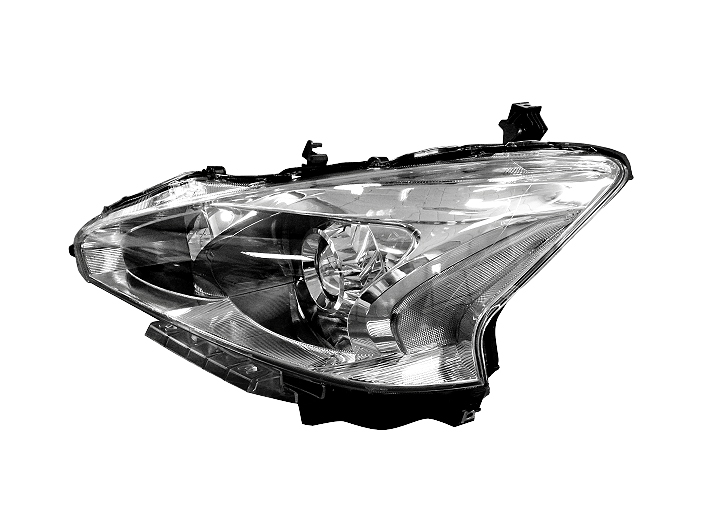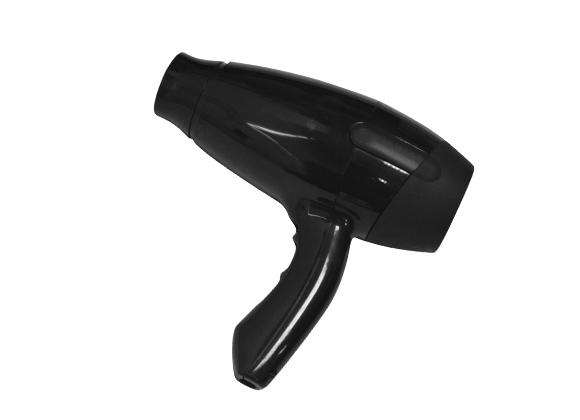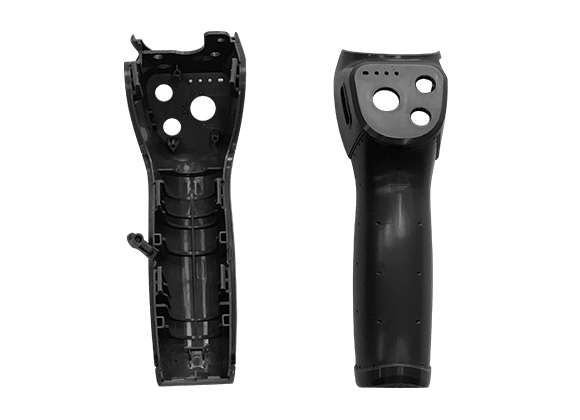I. Introduction
Custom injection molding is a versatile and precise manufacturing process that produces unique, high-quality plastic parts tailored to specific needs. For manufacturers, this method offers numerous advantages, including the ability to customize part designs, select appropriate materials, and scale production volumes. In this article, we will explore the key benefits of custom injection molding and provide insights into its applications, design considerations, and tips for choosing the right molding partner.
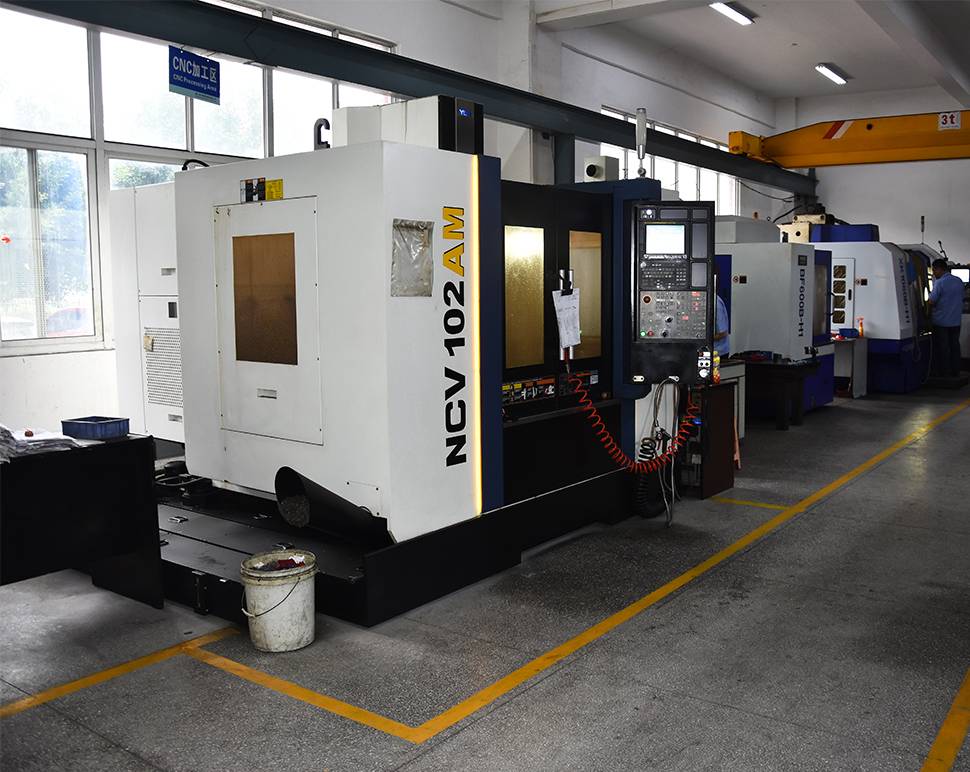
II. What is Custom Injection Molding?
Custom injection molding is a manufacturing process where molten plastic is injected into a custom-designed mould cavity to create specific parts. Unlike standard injection molding, which uses pre-designed moulds for mass production, custom injection molding focuses on creating moulds tailored to unique part specifications. This process is essential in modern manufacturing as it enables the production of complex parts with high precision and repeatability, making it ideal for industries requiring specialized components.
III. Advantages of Custom Injection Molding
- Tailored Part Designs: Custom injection molding allows manufacturers to design parts that meet specific requirements, ensuring optimal performance and functionality. This flexibility is crucial for creating complex geometries and intricate features that are not achievable with standard molds.
- Material Selection Flexibility: With custom injection molding, manufacturers can choose from a wide range of materials, including various types of plastics and composites. This selection ensures that the final product meets desired properties such as strength, durability, and chemical resistance.
- Scalability and Production Volume Control: Custom injection molding provides the ability to scale production volumes according to demand. Whether it’s a small batch for prototyping or large-scale production, this method adapts to varying needs, making it cost-effective over the long term.
- Cost Efficiency in Long-Term Production: Although the initial cost of creating custom moulds can be high, the long-term benefits often outweigh the expenses. Custom moulds lead to reduced waste, faster production cycles, and lower per-unit costs in large volumes.
- High Precision and Quality: Custom moulds are designed with precision, ensuring that each part produced meets stringent quality standards. This high level of accuracy minimizes defects and enhances the overall reliability of the final product.
IV. Key Design Considerations
- Design Guidelines for Proper Ventilation: Ensuring adequate ventilation in the mould design is crucial to prevent air traps that can cause defects. Proper venting allows gases to escape, leading to smoother surfaces and better part quality.
- Effective Part Ejection: Designing for efficient part ejection is essential to avoid damage during the removal process. Incorporating features such as ejector pins and draft angles facilitates smooth ejection, preserving part integrity.
- Incorporating Text and Logos: Custom injection molding enables the inclusion of text, logos, and other markings directly onto the part. This is particularly useful for branding and identification purposes.
- Material Flow and Cooling Times: Understanding the flow characteristics of the chosen material and optimizing cooling times are critical for achieving uniform parts and reducing cycle times. Proper design ensures consistent quality and minimizes production issues.
- Rounded Corners and Tapered Walls: Rounded corners and tapered walls help in material flow and reduce stress concentrations, leading to stronger and more durable parts.
- Gradual Changes in Wall Thickness: Gradual changes in wall thickness help in maintaining uniform cooling and reducing warping.
- Accounting for Shrinkage: Considering shrinkage during the cooling process ensures that the final part dimensions are accurate.
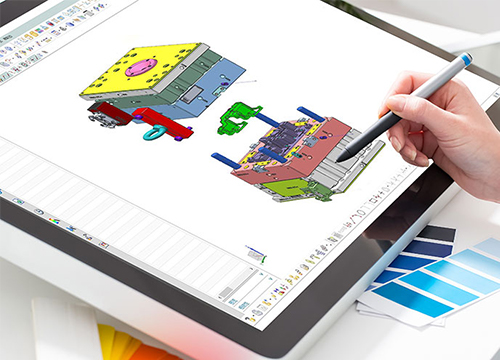
V. Common Applications
- Automotive Industry: Custom injection molding is widely used in the automotive sector to produce components such as dashboards, bumpers, and interior trims, ensuring high precision and durability.
- Medical Devices: The medical industry relies on custom injection molding to create intricate and sterile components such as surgical instruments, housings for medical devices, and diagnostic equipment.
- Consumer Electronics: Custom injection molding plays a key role in manufacturing housings, connectors, and other components for consumer electronics, providing high-quality and reliable parts.
- Packaging: The packaging industry benefits from custom injection molding, which produces specialized containers, caps, and closures that meet specific product requirements and branding needs.
- Aerospace Components: Aerospace applications demand parts that meet strict safety and performance standards. Custom injection molding delivers the precision and material properties needed for components like housings, connectors, and structural parts.
VI. Choosing a Custom Injection Molding Partner
- Experience and Expertise: When selecting a custom injection molding partner, consider their experience and technological capabilities. An experienced partner with advanced technology can ensure high-quality production and efficiency.
- Certifications: Look for specific certifications such as ISO 9001:2015, ITAR/DOD, and JCP, which indicate a commitment to quality and compliance with industry standards.
- Cost and Location: Evaluate the partner’s cost structure and location to ensure they align with your budget and logistical needs.
- Communication and Collaboration: Effective communication and collaboration between the manufacturer and the molding partner are vital for successful outcomes. Regular updates, feedback, and transparency throughout the process lead to better results.
- Case Studies or Examples: Highlighting successful partnerships and case studies can provide insights into potential partners’ capabilities and reliability. Look for examples of similar projects they have completed to gauge their expertise.
VII. Conclusion
Custom injection molding offers numerous benefits, including tailored designs, material flexibility, scalability, cost efficiency, and high precision. These advantages make it an essential process for various industries, from automotive to medical devices. By understanding the key benefits and considerations, manufacturers can make informed decisions and optimize their production processes. To learn more about how custom injection molding can meet your manufacturing needs, contact us today.

